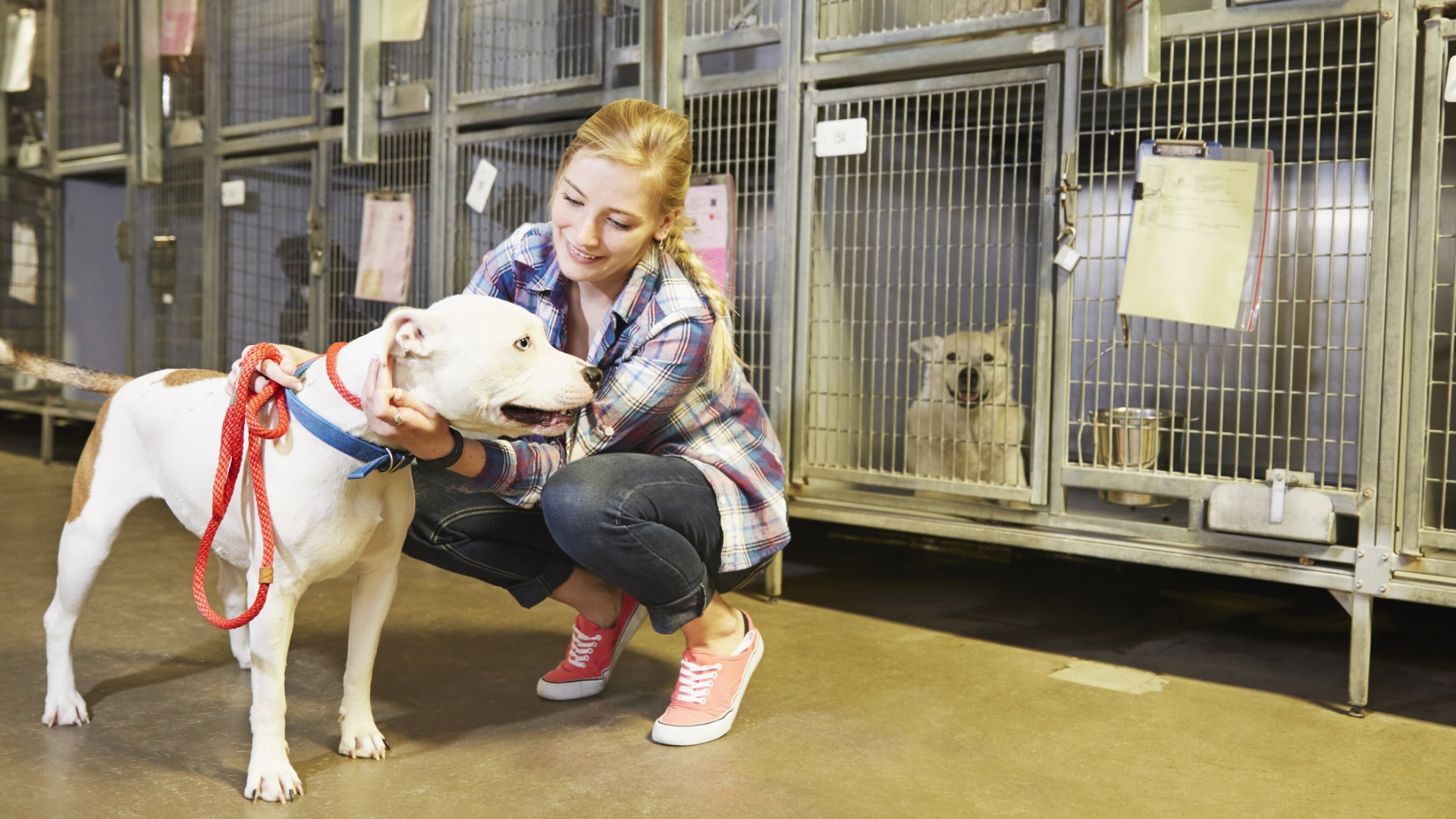Animal Caretakers
Aquarist, Dog Groomer, Groomer, Kennel Technician (Kennel Tech)
What they do:
Feed, water, groom, bathe, exercise, or otherwise provide care to promote and maintain the well-being of pets and other animals that are not raised for consumption, such as dogs, cats, race horses, ornamental fish or birds, zoo animals, and mice. Work in settings such as kennels, animal shelters, zoos, circuses, and aquariums. May keep records of feedings, treatments, and animals received or discharged. May clean, disinfect, and repair cages, pens, or fish tanks.
On the job, you would:
- Feed and water animals according to schedules and feeding instructions.
- Provide treatment to sick or injured animals, or contact veterinarians to secure treatment.
- Examine and observe animals to detect signs of illness, disease, or injury.
Knowledge
Business
- customer service
- administrative services
Arts and Humanities
- English language
Skills
Basic Skills
- keeping track of how well people and/or groups are doing in order to make improvements
- listening to others, not interrupting, and asking good questions
Problem Solving
- noticing a problem and figuring out the best way to solve it
Abilities
Verbal
- listen and understand what people say
- communicate by speaking
Endurance
- exercise for a long time without getting out of breath
Personality
People interested in this work like activities that include practical, hands-on problems and solutions.
They do well at jobs that need:
- Dependability
- Cooperation
- Attention to Detail
- Optimism
- Sincerity
- Integrity
Technology
You might use software like this on the job:
Data base user interface and query software
- CEEJS The Pet Groomer's Secretary
- Microsoft Access
Presentation software
- Microsoft PowerPoint
Calendar and scheduling software
- DaySmart Software Appointment-Plus
- Petschedule
Education
Education: (rated 2 of 5)
high school diploma/GED or
associate's degree
usually needed
associate's degree
usually needed
Job Outlook
Bright
New job opportunities are very likely in the future.
Explore More
- Animal Breeders
- Animal Control Workers
- Animal Trainers
- Veterinary Assistants & Laboratory Animal Caretakers
- Veterinary Technologists & Technicians
You might like a career in one of these industries:
See more details at O*NET OnLine about Animal Caretakers.





